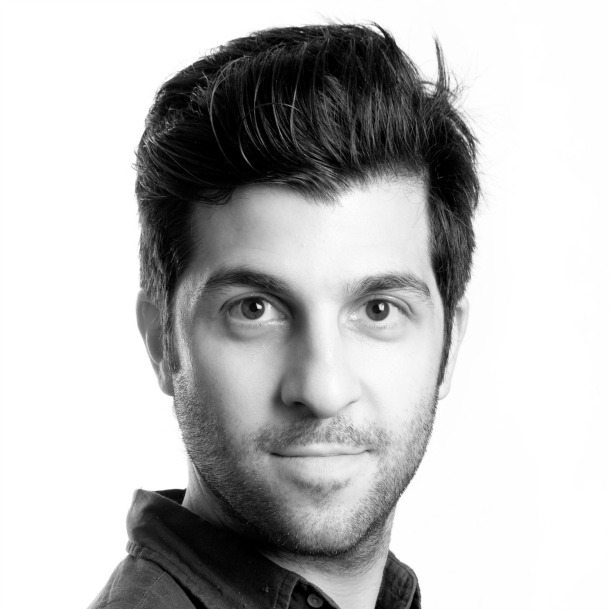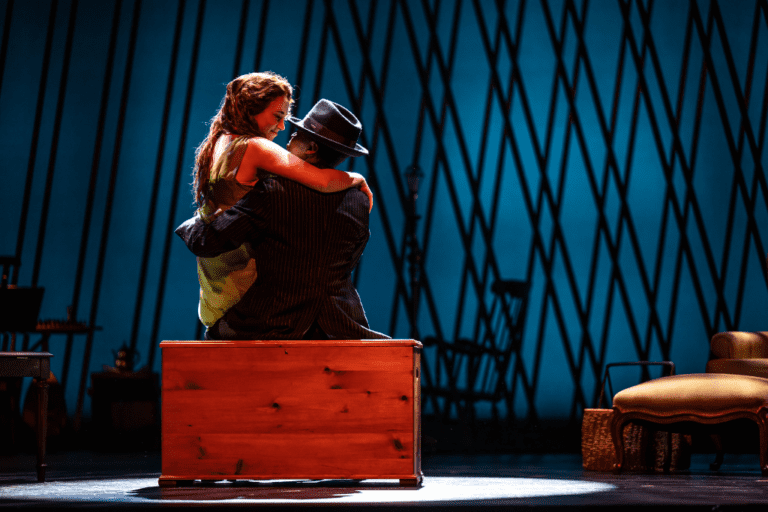Capital (and Toronto Theatre) in the 21st Century
I’m tired of living in a city that is so expensive. It’s easy to feel powerless. There are so many forces—“progress,” “free market capitalism,” “development,” “the right,” “classism”—that are making life on the planet worse, not better. In our own small way, we wanted to make ethical choices in the way we make and share our work, which is why all tickets for Italian Mime Suicide // Three Red Days are Pay What You Want.
Many of the ideas in the show, a double bill about a mime jumping off a building and Shostakovich’s 1930s arrest, have political reverberations—at least for me. Making theatre that is political also means making theatre that explores how we can be more humane to each other, in form, content, and practice.
I’m not a philosopher, but I speak from the heart. I’m tired of feeling powerless because I happened to grow up in a socio-economic class that in reality—and not because I’m not good enough or smart enough or industrious enough—is nearly impossible to escape. If you read Piketty’s Capital In The 21st Century (which I’ve gotten about a quarter of the way through), it’s clear that the way wealth accumulates is faster and easier for those who already have a lot of it. Just as it’s easier for people coming from a place of privilege to be “intrepid entrepreneurs” and “risk-takers.”
Shit is not fair, we all know this. The great free market has really led to massive monopolies, mono-culture, and mega companies like Apple that don’t even pay their taxes properly.
It would all be somewhat more bearable if there was some kind of counter-culture to take refuge in. But even that has also been marketed, popped-up, cold-brewed, etc.

Photo by John Gundy
So, I try to make art that challenges this. I try to make a space for people to come together to practise being human, to tell stories that do not flow according to these capitalist paradigms. Stories that present visions of other worlds with other values and other means of exchange. Like laughter—that’s a great economy by the way. As far as I’ve heard it’s still free so long as you have a sense of humour.
But then you have to market your show and “sell” it to people and come up with “labels” and “brands” so that they’re understandable and attractive. This is not all bad but some part of me really believes that art shouldn’t always be understandable and it should never be easily defined. In fact, cultivating those qualities can create sites of resistance.
I’d love to ask for no money for tickets. I’d love to give art away for free. I’d love art to not just be another series of stars in some review that explains if it is or isn’t “worth” your time. Like Bartleby, “I would prefer not to” ask you for money, but at this point that’s impossible.
Exchanging money isn’t bad in and of itself. Our small (so small!) attempt to change things is a Pay What You Want scheme. You come and watch and afterwards you decide what the show is worth to you, based on what you can afford and how you choose to determine the value.
Giving the audience some agency with their ticket price is a way to urge people to start thinking about all of this. Although we’re seemingly stuck in a world where money is the common denominator, there are still some places where we can have some part of the decision on how they spend it. In a small way, their power to determine worth can be restored.









Comments